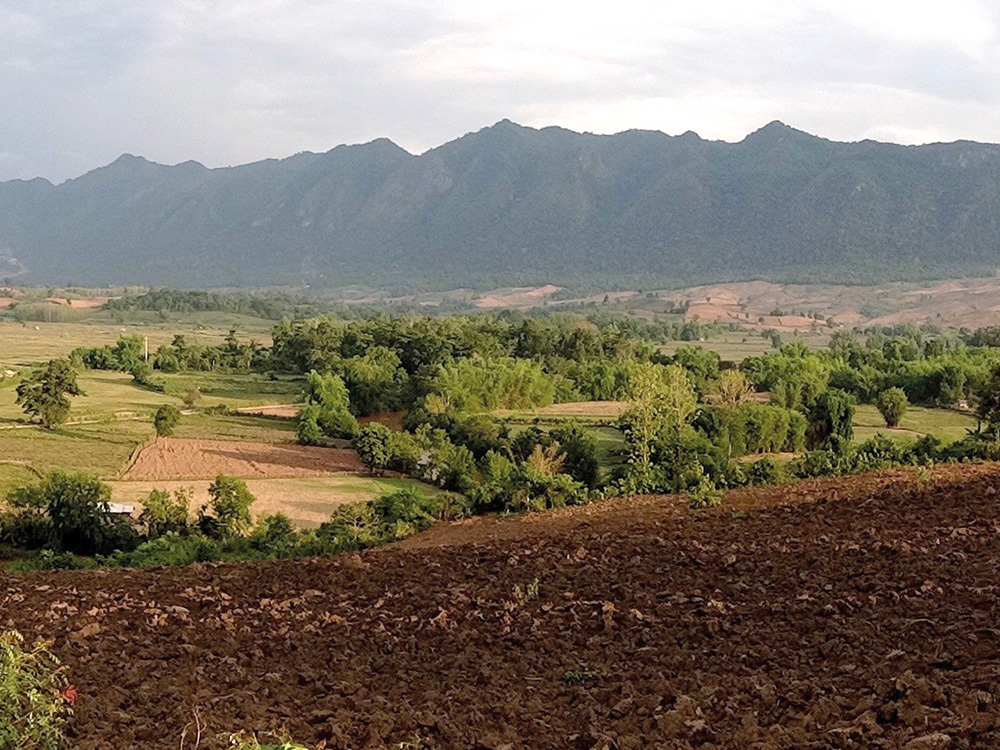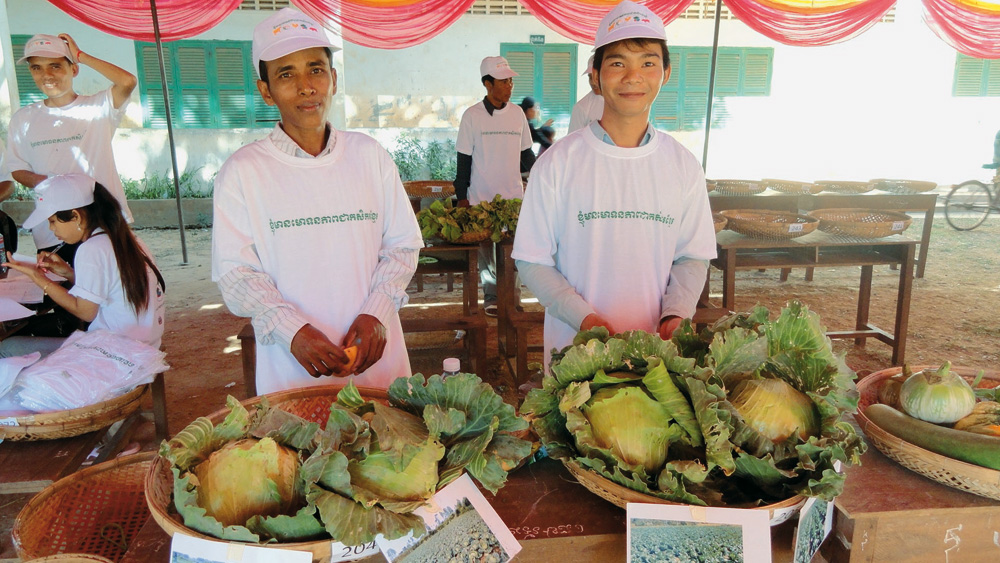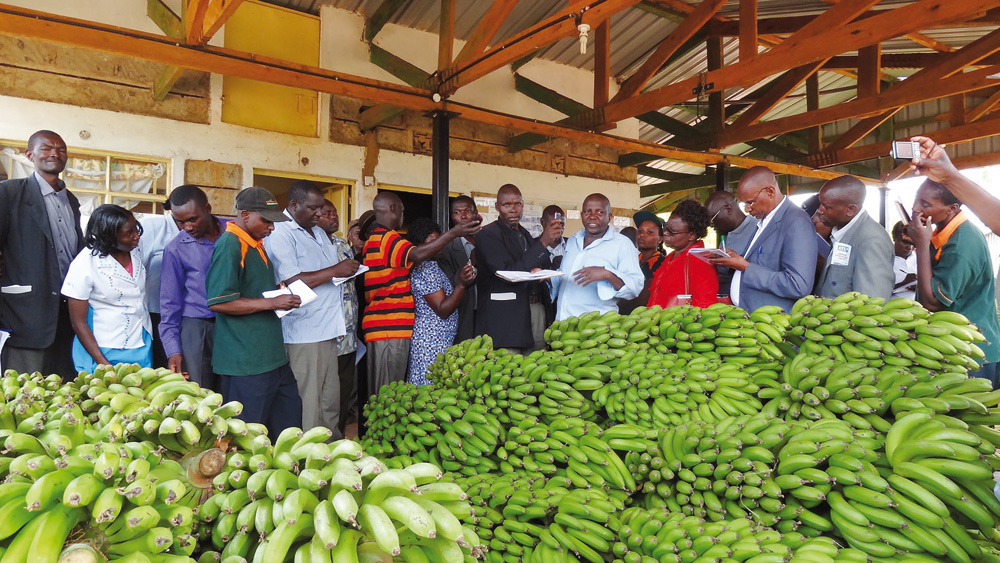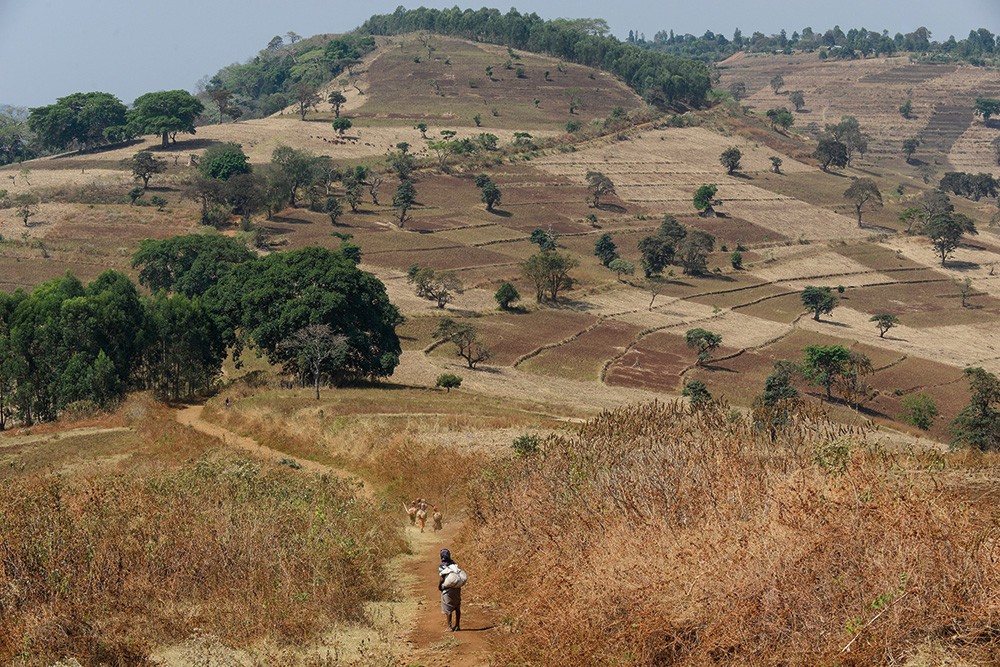Clarifying roles in extension processes
Rural extension services are an extremely complex affair. This is due to the wide range of constellations in which farmers operate nowadays, and also to the large number of players who are active in advisory services, with their different tasks, values and mandates. With reference to Germany’s rural extension services, our author shows who is taking on which role and where conflicts might potentially arise.










